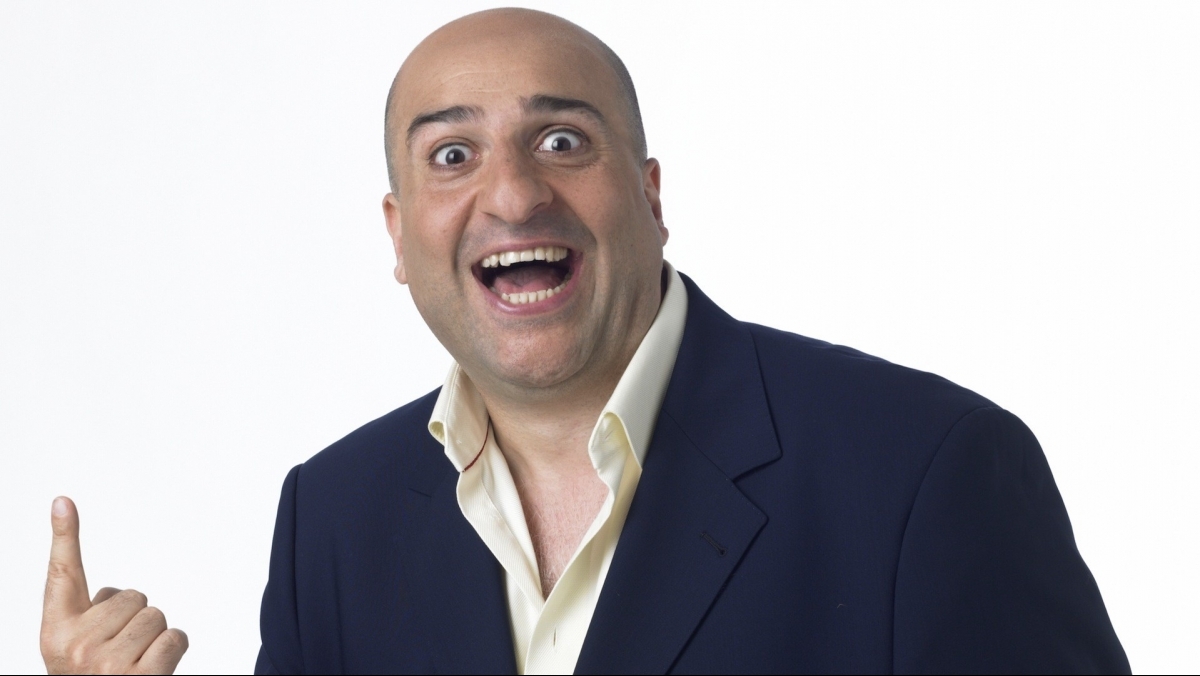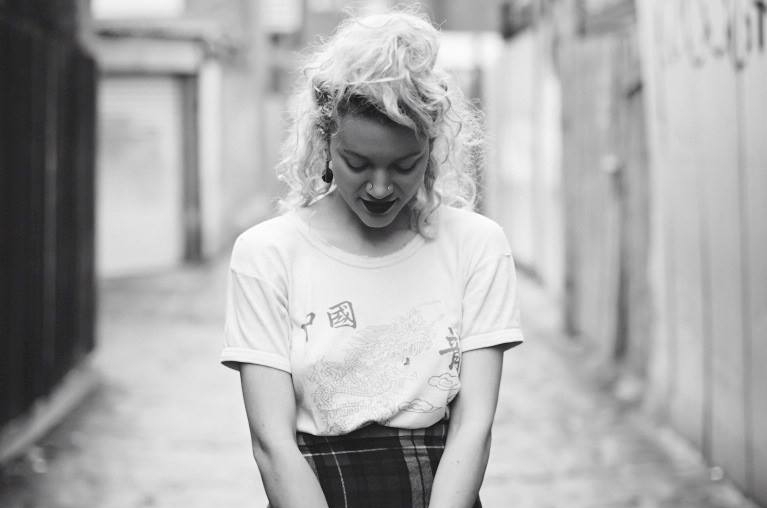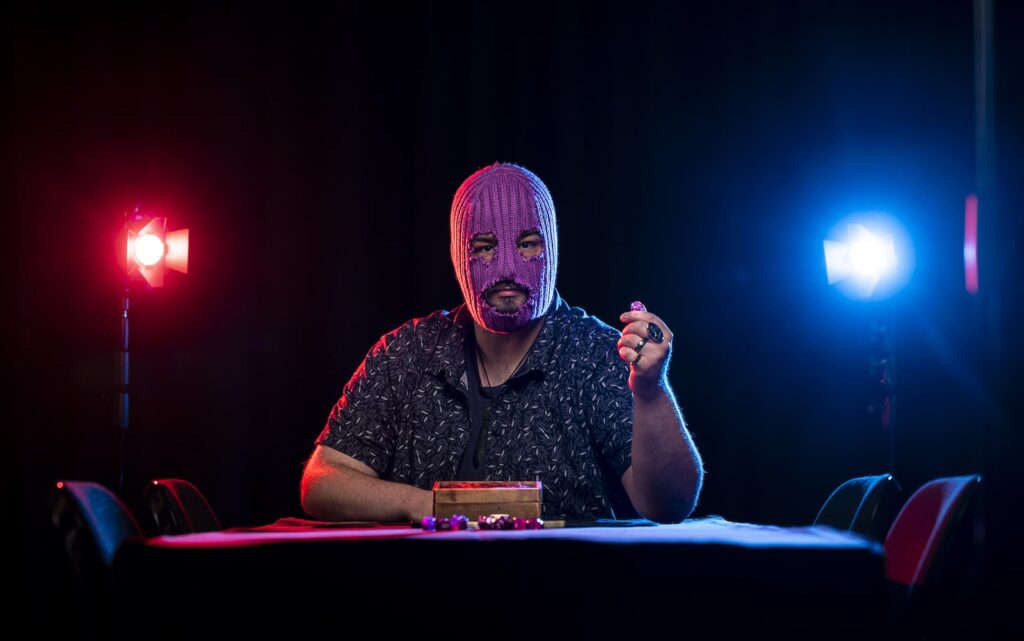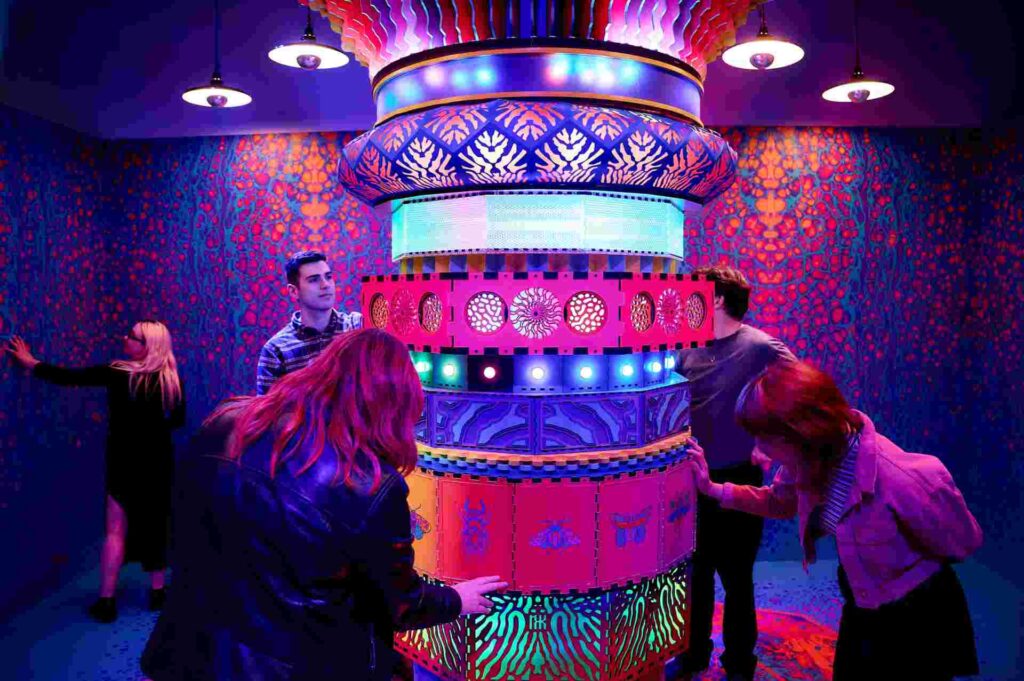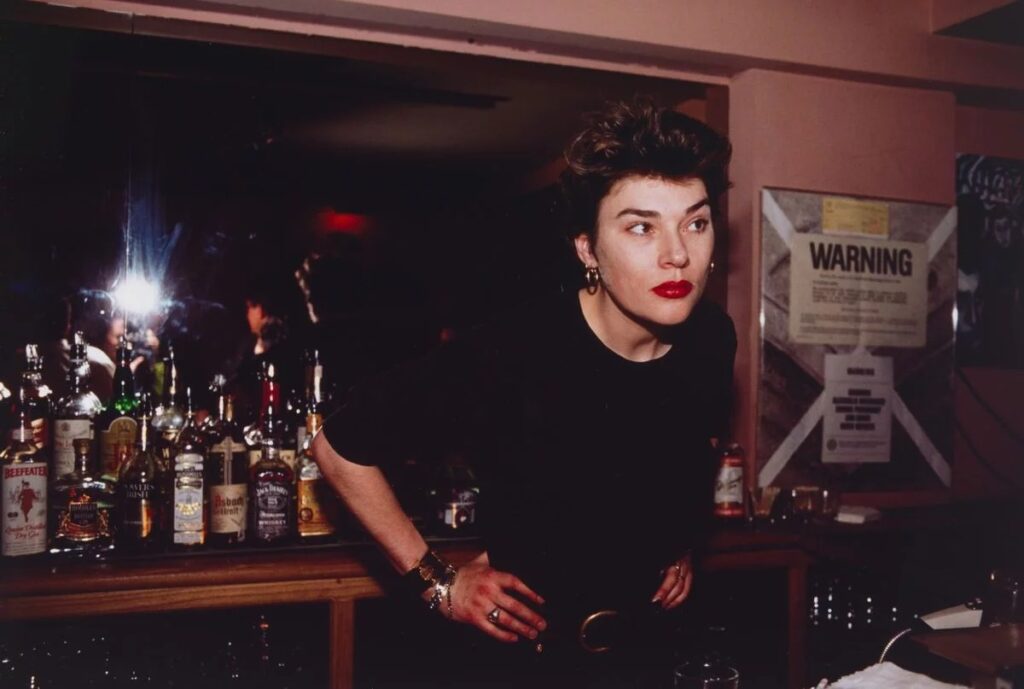“It’s called Iranalamadingdong because it gives the impression that it’s a kind of Iranian merry-go-round,” explains Djalili, who is now based in the UK. “It’s moving away from talking about anything ‘ethnic’ and having me deal with the most generic subjects I possibly can – long-term relationships; celebrity and how everyone wants to be one. I actually argue that everyone almost is a celebrity. I also talk about getting older, growing old with grace and dignity. It’s the most exciting show I’ve done and it’s certainly the most fun.”
Djalili’s perspective on celebrity culture is particularly incisive in regards to contemporary narcissism and the unabashed desire to be noticed.
“It’s like a feverish need to be a celebrity – like a bunch of sperms trying to fertilise an egg,” he laughs. “Some people can’t even be themselves until they’re famous, and then they relax. I always wonder if I’m like that, because whatever you say about other people you’re often saying about yourself as well.”
Indeed, Djalili is humble enough to include himself in this category too.
“These days, everyone has in a sense been groomed for being a celebrity,” he says. “Some people have massive egos and want it, like me, which have been born out of wounds from their childhood, and they seek validation in front of an audience.
“What I’ve observed is that everybody already is a celebrity. In your own life, someone is always the prettiest, the most successful, the funniest … So I’ve always dealt with being a certain way, and the way I’ve negotiated that has been very similar to how I’ve dealt with people recognising me from TV and film.”
The idea of a man best known for appearances in films like Gladiator, The Infidel and the Pirates Of The Caribbean franchise is fascinating, and certainly new territory for Djalili.
“I’ve always been brought on television to talk about a book I’ve got or a film and then some terrible thing will happen in the news,” he says. “A bomb will go off in Israel, or Hamas will do something and I’m always asked for my thoughts – even if I’m promoting a kids’ film. That’s why I felt I really needed to do this.”
For Djalili, his upcoming show is an opportunity to define himself as a versatile, skilled comedian that can transcend any presupposed limitations.
“It’s interesting, because I’ve just come from Montreal and they have something called The Ethnic Show, and I’ve never been asked to do it because they know I would say no,” he says. “I don’t like to be pigeonholed like that. I felt like I had to make a final statement saying that I’m a comedian and it doesn’t really matter where I’m from. I am of a certain shape, I am bald, I am short. So being the fat, bald short guy is a relief after being pigeonholed as the Iranian guy. That seems to be enough to get people to come,” laughs Djalili.
Interestingly, for a man who has made a career from making others laugh, the comedian himself has a tumultuous history with the concept of laughter itself.
“I hated laughter when I was a kid,” he says. “I always felt like people were laughing at me, not with me. I was very quiet, and from the ages six to ten, I was almost mute. So my journey has been to try and embrace laughter because it’s a joyous thing. We’re the only animals on the planet that have the ability to do that. They can be amused, dogs can wag their tails, but you don’t really see them sitting around exchanging stories. I think a lot of comedians don’t really come alive until they’re onstage. There’s validation, there’s laughter; it is kind of what everyone wants.
“I’m too old now to really see laughter as an end unto itself. When you’re on the comedy circuit where people go to laugh, you no longer see the point in that. There has to be a point you want to make, and you use laughter to make it. As I get older, I like to watch a film or a live show where I’m transformed in some way, and laughter is a route to that but not an end. That’s why I try to put more thought into what I do.”
Comedians occupy a privileged position within social discourse, where they can often get away with saying a lot more than others who have a similarly public platform. As Djalili states, it offers a unique capacity for change.
“Comedians are now the new philosophers, and they have a responsibility,” he agrees. “A lot of people listen to comedians. In my documentary film, We Are Many, which is about the anti-war demonstrations of 2003, we hold the world record for film for our Twitter thunderclap, and it was mostly comedians such as Stephen Fry and Russell Brand who were supporting it. We had an outreach of 37.5 million, so the comedy industry is a very powerful voice for social change, and we’re beginning to realise that.”
BY TEGAN JONES
